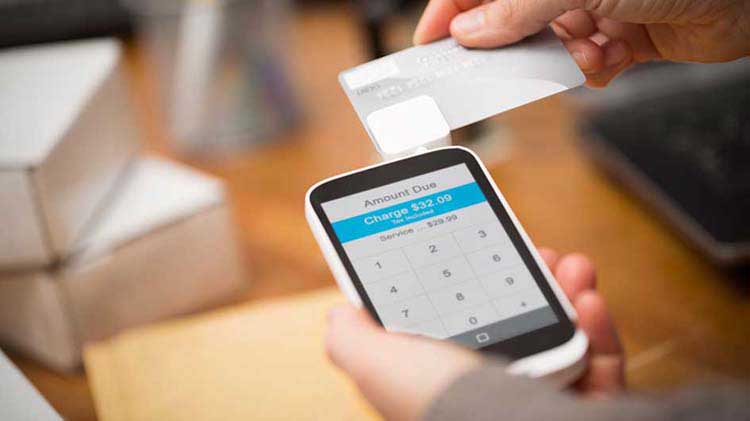Get paid what you're worth and separate personal and business finances
When starting your business, you need to separate funds and answer questions like "How much should I get paid?" or "How many hours should I work?"
How much should I get paid?
You're a business, so it's best to price it right. You've finally finished your client's project — helping to improve this individual's time management was no easy task, but you did it. Then you look at your invoice and think, "Wait, that's how much I got paid? But I put in waaay more time and effort than that."
Don't worry. Figuring out the price of your services takes time and practice. There are ways to make that process go smoother and eliminate face-palm moments. Start by asking the following:
Ask Yourself: How much do I need to live? How many hours can I work before I might experience burnout?
Here is a formula to help you determine a rate that may work for your biz:
- Determine the need - What do I need to get by each month? Do you need about $1,000 a week to cover rent and expenses?
- Determine capacity - How much can I work and stay balanced? Will you be maxed out with meetings, emails and designing after 40 hours?
- Divide need by capacity - If you need $1,000 and have 40 hours capacity, you'll need to charge at least $25 per hour for your time.
That's all there is to it. It's what you need to live and how much you can give. The most important thing here is to NOT sell your services short, and only you can decide what the right amount is for you. Take pride in what you do and let your services show it. Remember this: You're a business just like the big guys. Price your needs and capacity accordingly.
Separate your personal and business finances
If you're an expert in your work and not so much in small business finances, fret not: we've got some simple tips to set you up for success when you start your business so you can focus on editing those wedding videos and/or baking those tasty apple tarts.
Separate your business and personal expenses, ideally from the start of your business building journeyWhile it can be tempting to keep all your finances together, especially when there aren't too many business expenses at the beginning, it won't be simpler down the road. From taxes to future investors to your own memory, keeping your business and personal expenses in a separate account or spreadsheet will help reduce financial angst in the future.
Why it works
Come tax time, you're going to want a record of which expenses were for your business and which were just for you. Keeping them separate up front will make April 15 a breeze and also set you on the right path to making sure you and your business get the max tax return.
Try this
- Open a separate small business checking account. Many banks offer special small business accounts (with perks!) that can help you keep your business expenses separate from your personal ones. With a separate account, and a separate credit or debit card connected, you'll have a log of all your business's costs. Just be sure to use the right card when you're checking out, and ask for two separate transactions if you're mixing business with pleasure.
- Keep a business expenses spreadsheetIf you'd rather not open a new account, do this the old school way: keep a spreadsheet and update it religiously. A simple workbook with the date, merchant, cost and a quick description will save you incredible amounts of time come tax time. Plus, you want to keep clean records so you can maximize your tax deductions and therefore your potential tax refund.
- Find out if you need to file a separate tax return for your business. Depending on your small business type and size, you might need to file a separate tax return for it. In other cases, your small business is just a separate section of your personal tax return. Either way, having separate records will come in handy.
Now that you have read about how much to charge for your services and ideas to separate your personal and business finances, learn more tips for your small business needs from Simple Insights.




